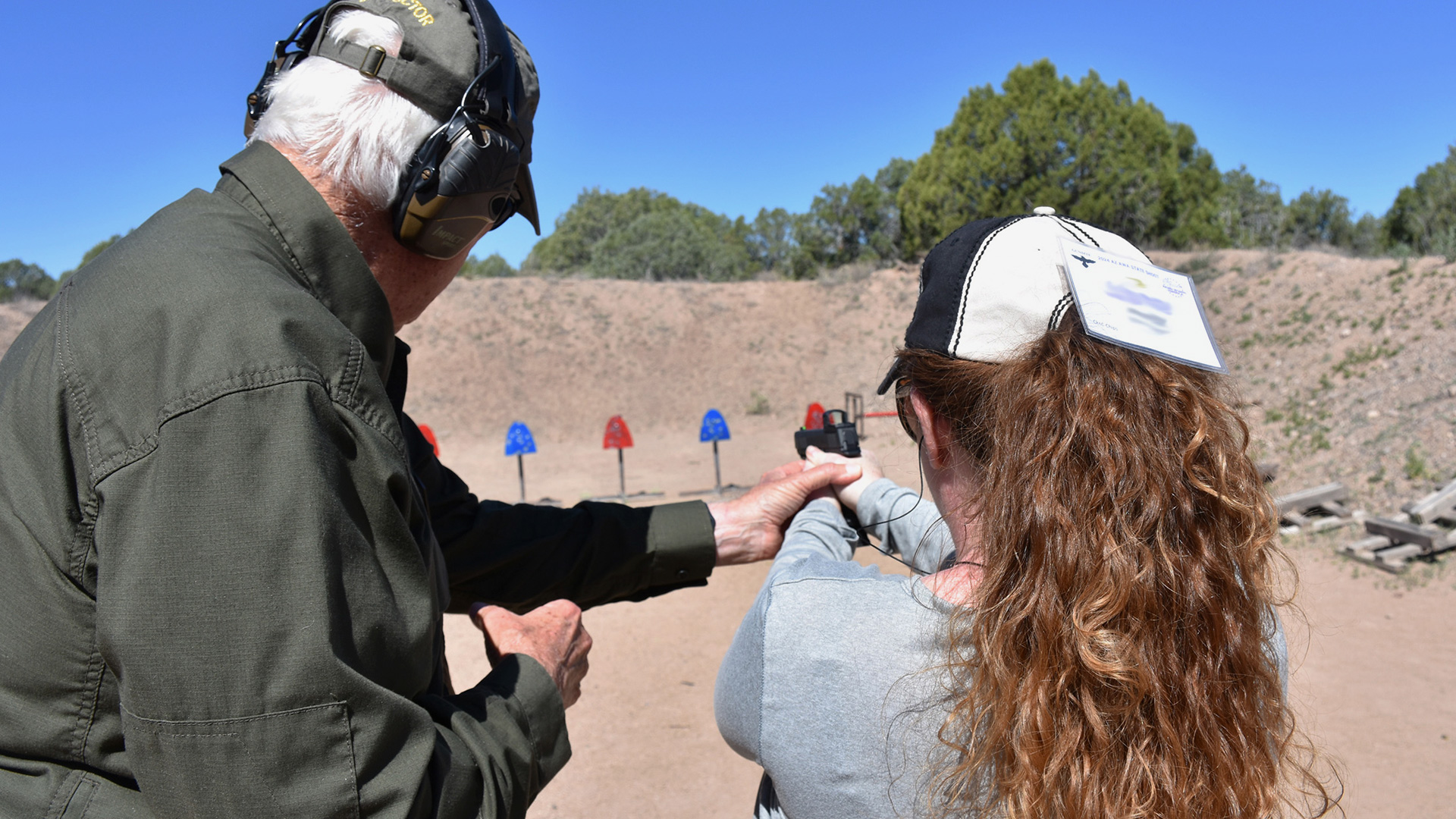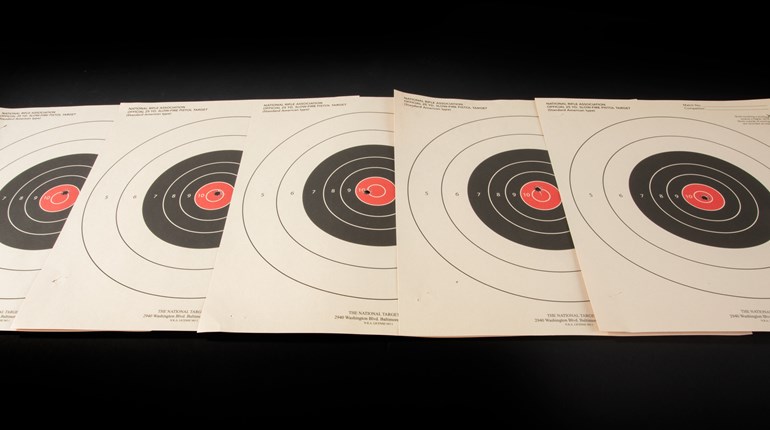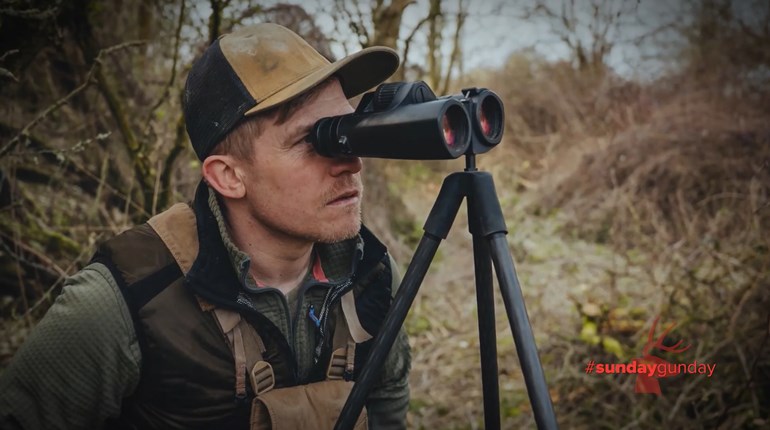
Regardless of your age, knowing how to properly defend yourself is a never-ending endeavor that takes constant practice, professional training and a lifetime of study.
We live in an era of instant gratification. Nowhere is this more obvious than in the matter of personal defense. A person decides they need to do something about their personal protection, so they buy a gun, some ammunition, watch a couple of action movies and figure they’re good to go. OK, I’m exaggerating about action movies, but you get my point.
In truth, self-defense is a lifestyle as opposed to being a quick fix. It is a form of continuing education. Times change, laws change, technology changes and we do, too. While it may not be necessary for self-defense to become a consuming passion in our lives, it should be the reason we continually strive to improve our skills and knowledge. Let’s look at some of the challenges.
The first step is to establish a good foundation, and within the world of self-defense, that means good training. Yes, I know it is less expensive just to go down to the gravel pit with your neighbor and shoot tin cans, but professional training not only instills the basics of marksmanship, it also helps a person avoid developing bad habits. Getting it right the first time will prove invaluable in the long run.
It is also important to understand that marksmanship—like any skill requiring hand-eye coordination—is quickly perishable. That means if we don’t practice regularly, we will likely backslide and lose the level of performance we had attained. It is no different than playing a musical instrument, playing golf or lifting weights. If you don’t practice and practice regularly, you lose your edge. The rate that this happens differs from person to person but believe me, it happens.
Another challenge for the armed citizen is to stay informed about the laws regarding self-defense. Even though many of our laws are continually changing and being modified, citizens are expected to be aware of them and abide by them. In some parts of this country, it is possible to survive a perfectly legal use of deadly force only to face criminal charges because your firearm was improperly registered or was on the list of guns that were prohibited by that state. It may sound silly, and we may not agree, but it won’t be quite so silly when we are sitting in a jail cell trying to figure out how we are going to afford an attorney.
Many states, if not all, have gun owners’ associations—many affiliated with the NRA—that, among other things, keep their members updated on local laws regarding firearms and their use. It is an excellent idea to be a member to receive legal updates, as well as enjoy the fellowship of other shooters. NRA-ILA also maintains an updated website (nraila.org) that contains state and local gun laws, as well as updates on proposed legislation in every state. It is our obligation to stay informed and stay law-abiding.
Equally as important as marksmanship is learning and developing skills needed to win the fight the criminal attacker brings to us. Through our continued studies, we can learn to make our home a harder target for the home invader. We can also learn and practice the skills of awareness, use of cover, use of movement and many other defensive techniques. Good marksmanship is of little value if we are down and hurt before we even know that there is a problem. Again, professional training and our continued studies are the way to make ourselves a harder target.
Throughout the years of our continuing defensive education, it is also important to keep in mind that we are getting older and, in many cases, less fit. We may have physical limitations that we didn’t have 20 or 30 years ago. We must realize that the criminal will see that as making us an easier target and take advantage of it. Some of those problems we can work on, while we may just have to learn to live with other aspects of aging. Many of the defensive-training schools are now offering classes for seniors and those with physical disabilities.
However, the reality of personal defense doesn’t mean that we must live in some sort of paramilitary state of mind. We should, however, treat it as an important form of ever-continuing education. Your regular sessions at the shooting range will soon reveal how often you will need to practice in order to maintain a good level of shooting proficiency. Of course, many other important skills can be developed by simply reading, listening and learning. Continual education is the answer.
As an armed citizen, you need to make the decision that school is in session—and always will be.




































